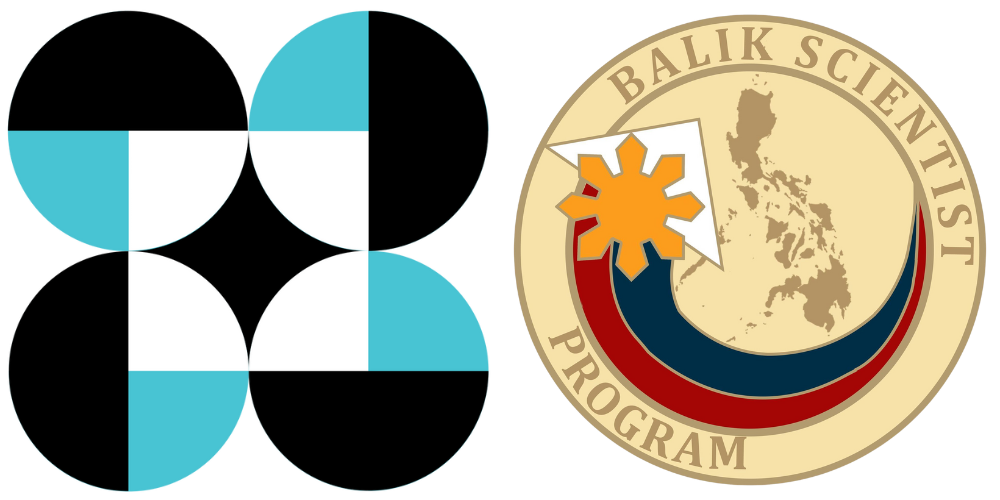
Within 365 days, Dr. Noel Peter Tan established high-impact research initiatives in industrial applications that serve as a focus on his DOST-Balik Scientist Program (BSP) medium-term engagement on the emerging technology of nanoscience and nanotechnology.
In his Exit Report Presentation conducted last 26 April, President of the University of San Carlos (USC), Fr. Narciso A. Cellan Jr., expressed his gratitude towards Dr. Tan for his engagement., “Dr. Tan went above and beyond the deliverables originally assigned to him, besides displaying great proficiency on nanotechnology and nanofibers, he secured USC three research grants for USC.”
Philippine Council for Industry, Energy, and Emerging Technology Research and Development Executive Director, Dr. Enrico C. Paringit reported how the COVID-19 has been challenging, he then encouraged scientists like Dr. Tan to apply to become Balik Scientists and to help strengthen the country’s science and technology.
Dr. Tan mentored a research group composed of one master’s student and four undergraduate students, two of their research have high impacts on industrial applications for biorefineries and food companies.
Dr. Tan’s research interest focused on an emerging technology called Solution Blow Spinning (SBS), it is first utilized in the country through provision of scalable nanofiber fabrication technology and its application.
Since the technology is new in the country, he provided a series of talks and hands-on training mostly in the application in either industrial waste water, biorefinery, and salination.
Part of Dr. Tan’s engagement was a seminar with senior high school students of Philippine Science High School – Central Visayas in Argao, Cebu. He believes that mentoring future scientists start the earliest possible.
Together with Engr. Luis Cabatingan, they designed a course outcome matrix on nanomaterials and nanotechnology fundamentals, along with its course funding, course syllabus, and assessment and evaluation matrix.
During his medium-term engagement, he had five publications, one of which is in collaboration with the University of Technology Sydney and Istanbul Technical University in Turkey that put the country on the map of fields of nanofiber membrane fabrication.
Dr. Tan was also able to establish partnership between universities and industry, such as Xavier University – Ateneo de Cagayan, the University of Science and Technology of Southern Philippines (USTP), and the EMS Group of Companies.
With the help of his collaborators, they were able to secure three research projects such as:
- Development of a biodegradable nanofiber filter as an active material for facemasks funded by PCIEERD;
- Development of patches from pectin nanofiber scaffolds with polyphenolic bioactive compounds for skin-restorative applications funded by USAID STRIDE; and
- Characterization of passive solar-driven membrane seawater desalination set-up which with the development of membrane installation using solar energy and sea water as a source of portable and sealed water
Among these three research grants, only one has an industry partner which can secure the commercialization of the project. With this he calls for industry support on research and development “The future of biorefinery in Southeast Asia Countries is huge, in a way they can make use of renewable energies on biorefineries. But support shall be given by the industry, doing research in the university is powerful but it can be more powerful if there are industries that will stand with the universities.”
